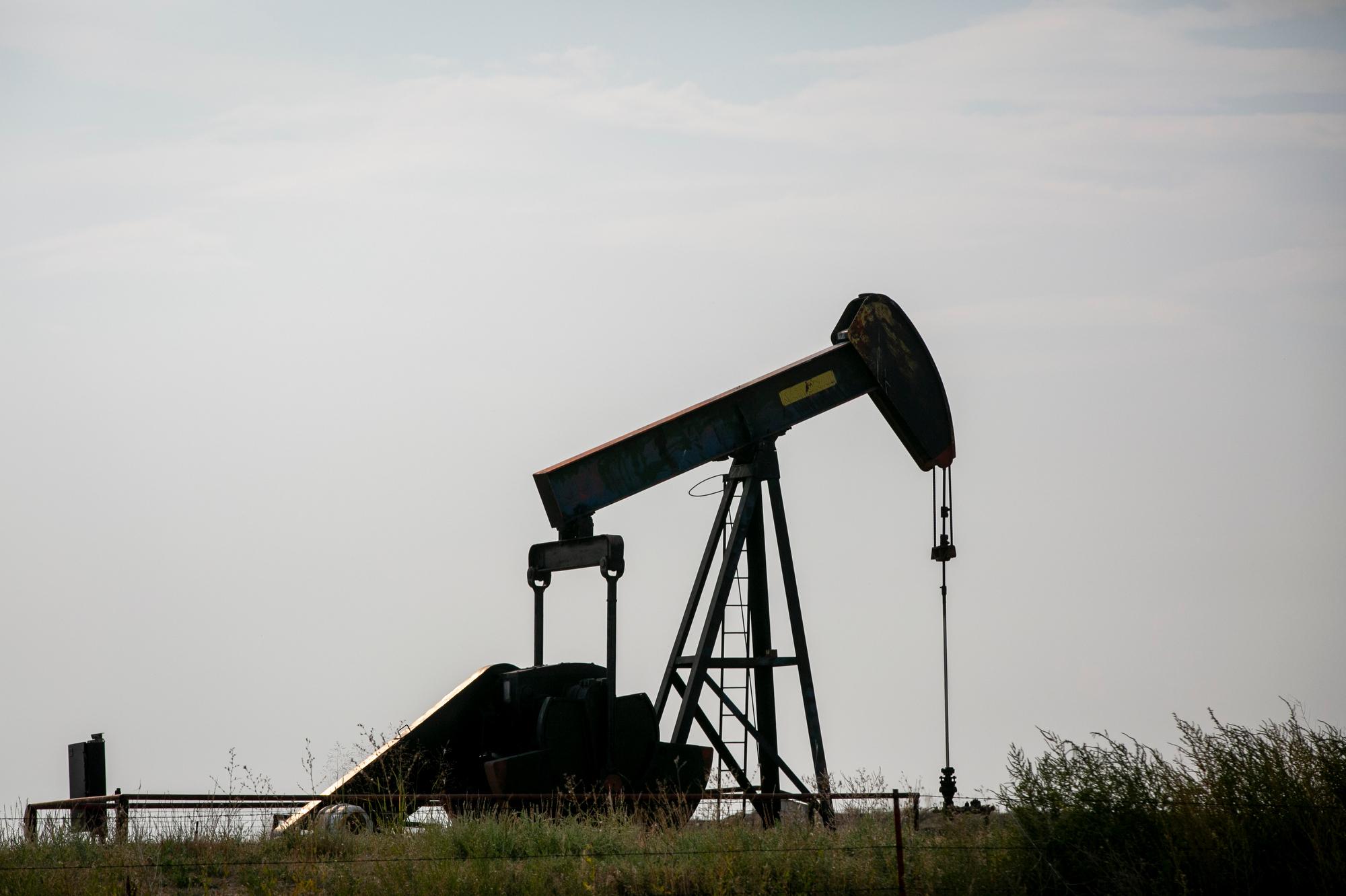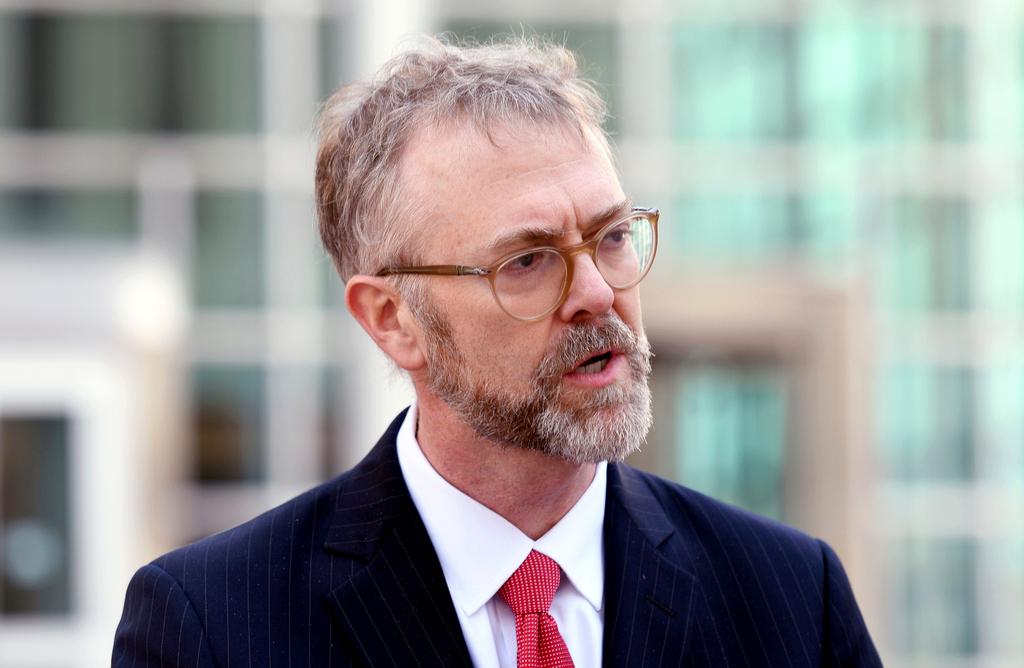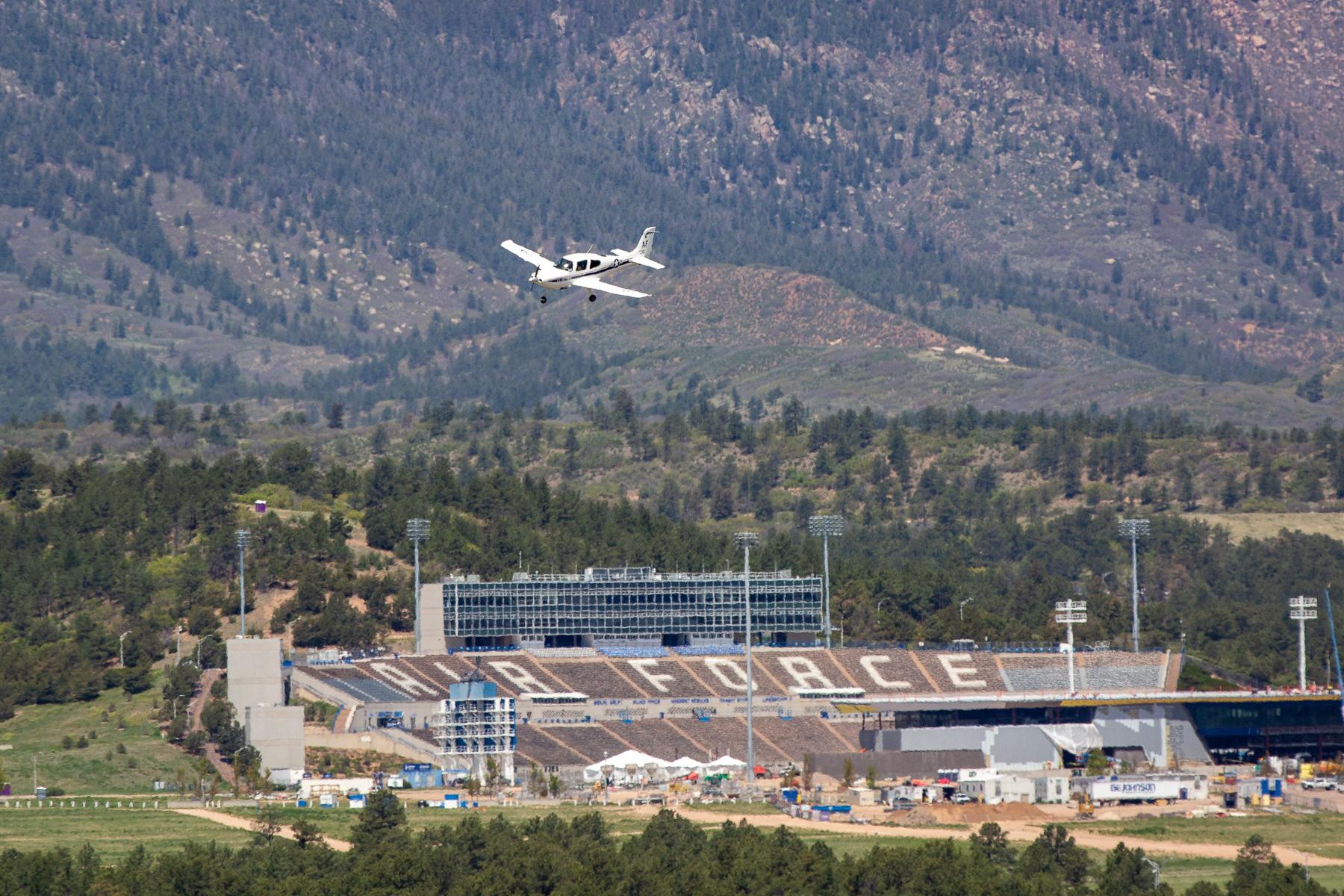
More than 18 months after Gov. Jared Polis signed legislation to overhaul the state’s oil and gas industry, regulators have finalized the specifics.
The Colorado Oil and Gas Conservation Commission unanimously approved a sweeping set of new rules Monday. The moment marks an end to a 1950s-era system designed to “foster, encourage and promote” the development of fossil fuels in Colorado. Under the new rules, the state will now work to “regulate” the industry to protect public health and the environment.
“The new rules are more robust and tougher and more comprehensive, but, to a tee, people seem to understand this was to be expected,” said Commission Chairman Jeff Robbins.
The new rules, effective Jan. 15, 2021, will affect almost every stage of the oil and gas extraction process in Colorado. The move also comes as the industry has struggled during the COVID-19 pandemic, with nearly 8,000 Colorado oil and gas workers filing unemployment claims between mid-March and the end of October.
In a broad sense, Senate Bill 181, the name of the bill behind the changes, reworks how Colorado approves any new oil and gas wells. Previous regulations largely left decisions about permitting to the commission. Under the new rules, local governments can approve projects along with state authorities. Coloradans will also have greater standing to participate in future decisions about oil and gas drilling.
- Denver-Based Whiting Petroleum Lays Off 16% Of Workforce, Cuts Officer Pay
- Colorado’s Oil And Gas Overhaul Takes Another Shot At The Space Between Drilling And Homes, Schools
- When Colorado’s Air Quality Commission Reconvenes To Talk Climate Change Policy, Some Of Its Most Vocal Advocates Won’t Be There
State regulations also become a “floor” for local governments. While cities and counties can pass more restrictive regulations, they cannot weaken the ones the state recently approved.
After three months of rulemaking, those rules have now come into clearer focus. When considering drilling permits, state regulators will soon have to account for previous environmental impacts to nearby communities. New wells must be located to avoid any harm to aquatic habitats and critical wildlife species. Certain chemicals will no longer be allowed for hydraulic fracturing.
Routine flaring or venting will not be permitted, requiring operators to use other methods to get rid of excess natural gas. Environmental advocates say Colorado is only the second state to enact such a restriction.
“Colorado is once again a national leader in protecting public health and safety thanks to today’s new oil and gas rules,” said Kelly Nordini, executive director of Conservation Colorado.
Colorado isn’t new to setting the pace on state oil and gas restrictions. In 2014, the state became the first in the country to crack down on methane, a potent greenhouse gas able to escape from wells and pipelines.
In a statement, Dan Haley, President & CEO of the Colorado Oil & Gas Association, said the additional rules mean, “Colorado now undoubtedly has the toughest oil and natural gas development regulations in the country.”
The commission also gave final approval to a controversial 2,000-foot setback between new wells and occupied buildings. Operators can apply for exceptions through four so-called “off-ramps,” which could allow drilling as close as 500 feet to homes and schools. For example, an exception could be granted if companies develop “substantially equivalent” protections for public health and safety. Operators could also have property owners or tenants sign a waiver to allow drilling within the buffer zone.
After the vote, Robbins declined to estimate what proportion of wells would receive exceptions.
“They will be used when they’re appropriate and they will not be used when it’s not appropriate,” he said. “It’ll be a case-by-case basis.”
Representatives for Colorado’s oil and gas industry wasted no time objecting to the upcoming setback requirements.
Haley said the rules lacked a clear scientific basis, re-litigating one of the central disagreements from the lengthy rulemaking process. A 2019 state study found people could experience short-term health effects within 2,000 feet of oil and gas drilling, but only under worst-case weather and emissions conditions. Meanwhile, a former state toxicologist hired by the industry association told commissioners she saw no reason to expand setbacks.
Haley said the next step is to figure out how regulators will issue exceptions to the setback rule.
“We’re hopeful the commissioners’ judgement will be based on what is necessary and reasonable, rather than the precautionary principle alone,” he said.
The new rules don’t mark a complete end to the rulemaking triggered by the passage of SB 181 last year. The commission still must finalize its financial assurance and reclamation rules, which it expects to complete next spring.








